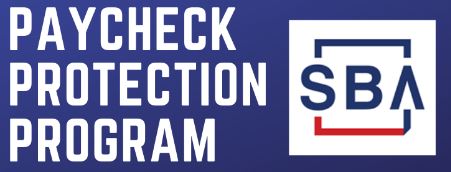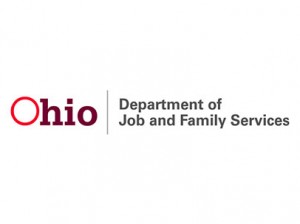PPP Good Faith Certifications for Loans Less Than $2 Million
 The SBA and U.S. Department of the Treasury published an updated PPP FAQ document today including a new #46 (see below). It provides additional clarification about how SBA will review borrowers’ required good-faith certification concerning the necessity of their loan request.
The SBA and U.S. Department of the Treasury published an updated PPP FAQ document today including a new #46 (see below). It provides additional clarification about how SBA will review borrowers’ required good-faith certification concerning the necessity of their loan request.- A safe harbor that borrowers who received a PPP loan of less than $2m will be deemed to have made the required certifications in good faith and will not be subject to review.
- For loans over $2m that are reviewed, if SBA determines that a borrower lacked adequate basis for the necessity of the loan request, SBA will seek repayment of the outstanding PPP loan balance and will inform the lender that the borrower is not eligible for loan forgiveness.
-
- If the borrower repays the loan after receiving notification from SBA, SBA will not pursue administrative enforcement or referrals to other agencies based on its determination with respect to the certification concerning necessity of the loan request.
We will continue to monitor this for additional updates and keep you informed. Please visit the COVID-19 section of the Whalen & Company website or contact your Whalen advisor for additional details regarding this announcement.



 The SBA and U.S. Department of the Treasury published
The SBA and U.S. Department of the Treasury published 
